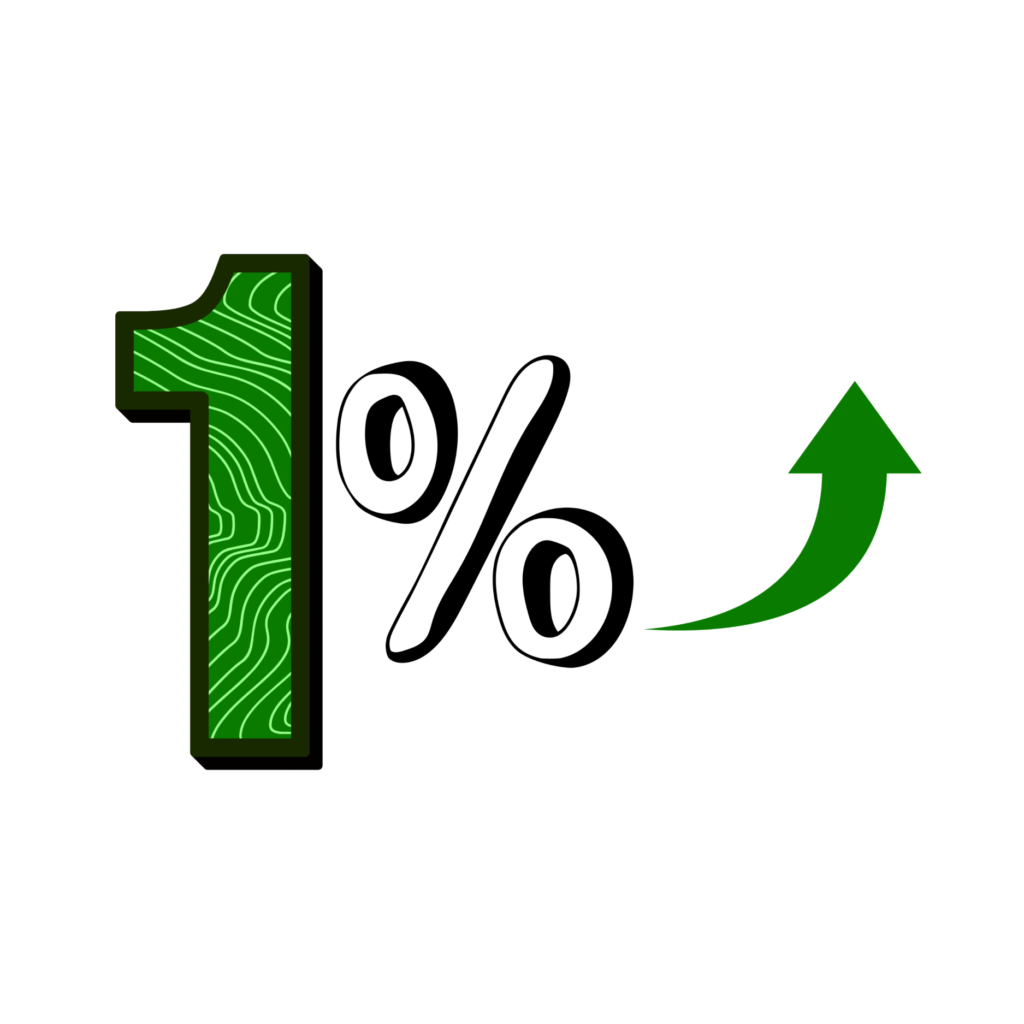
In a world obsessed with instant gratification, the idea of making small, consistent improvements might seem outdated. However, the ancient philosophy of Kaizen, which emphasizes continuous, incremental progress, offers a sustainable path to personal growth and self-improvement.

The Cycle of Radical Change
Many of us have experienced the adrenaline rush of setting ambitious goals. We’re initially filled with enthusiasm, but as days turn into weeks, our motivation wanes, and we find ourselves back at square one. This cycle of setting lofty goals and then failing to achieve them can be disheartening.
The Origins of Kaizen
While the term “Kaizen” is Japanese for “continuous improvement,” its roots can be traced back to American business management strategies from the Depression era. These strategies emphasized small, consistent improvements in business processes. Post World War II, this philosophy was introduced to Japanese factories, where it was embraced and named Kaizen. Interestingly, while Japanese companies thrived using Kaizen, many American companies shifted their focus to radical innovations.
Why Kaizen Works
- Overcoming Overwhelm: Setting massive goals can be paralyzing. The sheer scale of the task can induce stress, which our brain interprets as fear. This can lead to inaction. Kaizen, by focusing on tiny steps, makes the journey seem manageable.
- Sustainability: Radical changes often require unsustainable efforts. Small changes, on the other hand, can easily be incorporated into daily routines, making them more likely to stick.
- Building Momentum: Small successes feed on each other. As you notice improvements, even if they’re minuscule, they motivate you to keep going.
Implementing Kaizen in Personal Growth
The beauty of Kaizen lies in its simplicity. Here’s how you can integrate it into your life:
- Start Small: If you want to begin a reading habit, start with a page a day. If fitness is your goal, begin with a few minutes of daily exercise. The key is consistency.
- Focus on Daily 1% Improvements: Aim to be just 1% better than yesterday. Over time, these small increments compound, leading to significant growth.
- Celebrate Small Wins: Instead of waiting for a distant goal to be achieved, celebrate the small milestones. This keeps motivation high.
- Embrace Setbacks: There will be days when you might not make progress or even take a step back. That’s okay. What’s important is to get back on track the next day.

The Long-Term Impact of Kaizen
While the daily improvements might seem insignificant, over months and years, they lead to transformative changes. For instance, reading just ten pages daily results in reading about 15 books in a year. Similarly, saving a small amount regularly can lead to a substantial nest egg over time.
Kaizen in Everyday Life
The Kaizen philosophy isn’t limited to personal growth. It can be applied in various aspects of life:
- Relationships: Instead of grand gestures, focus on small daily acts of kindness and understanding.
- Work: Instead of aiming for a drastic improvement in productivity, focus on optimizing one task at a time.
- Health: Instead of a rigorous diet or exercise regime, incorporate small, healthy habits daily.

In a world that often prioritizes radical changes and quick fixes, the Kaizen philosophy stands out as a beacon of sustainability and consistency. By focusing on small, daily improvements, we can achieve long-term growth and transformation in all areas of our lives. Embracing Kaizen is a commitment to lifelong learning and growth, one small step at a time.
As an Amazon Associate we earn from qualifying purchases through some links in our articles.




